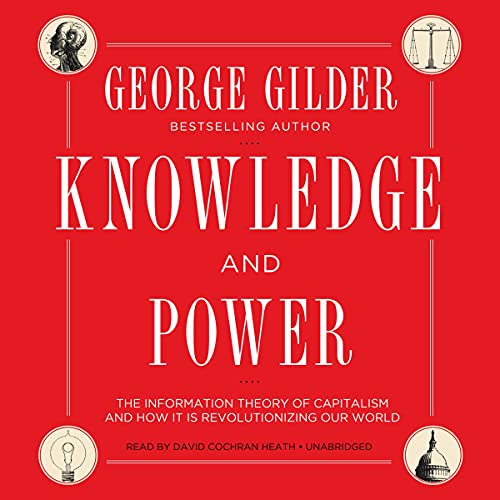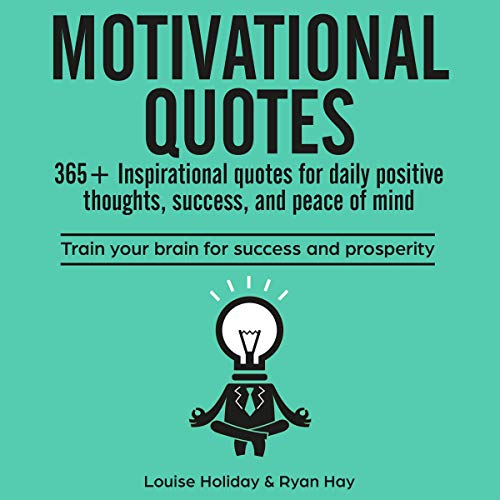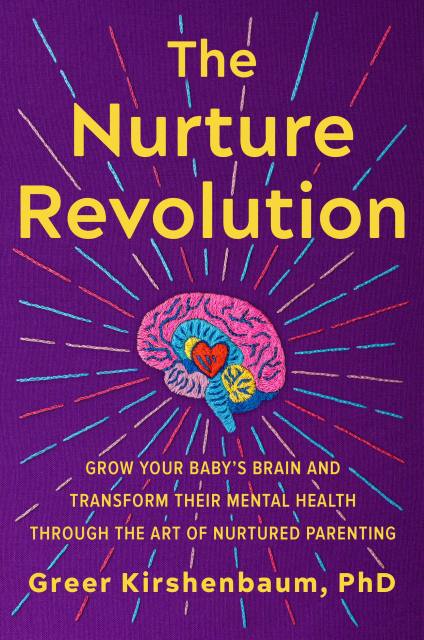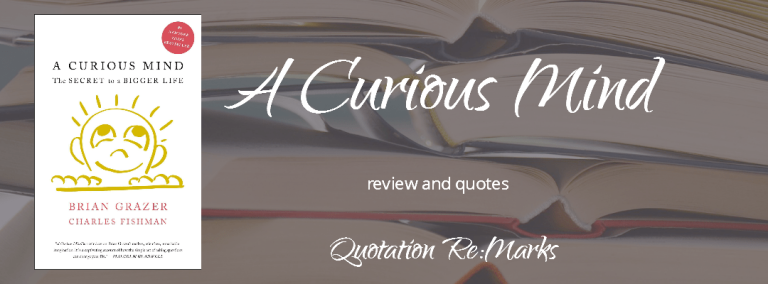Why Reading Is Better Than Listening?
When it comes to acquiring knowledge and immersing oneself in captivating stories, the age-old debate of reading versus listening always sparks lively discussions. So, why is reading better than listening? Let’s explore the reasons why flipping through the pages of a book can bring us more joy and satisfaction than simply plugging in a set of headphones and hitting play.
First and foremost, reading allows us to exercise our imagination. As we read, the words on the page ignite a vibrant movie in our minds, painting vivid images and sparking our creativity. Unlike listening, where the story is presented to us through someone else’s interpretation, reading lets us construct our own mental landscapes, bringing the characters, settings, and emotions to life in a way that resonates uniquely with us. This creative engagement not only enhances our reading experience but also stimulates our cognitive abilities, making our brain cells dance with delight.
Moreover, reading provides a sense of control and autonomy that listening cannot replicate. When we read, we can pause, reflect, and savor the words at our own pace. We can flip back a few pages to revisit a favorite passage or linger on a particularly profound sentence. The act of physically turning the pages and feeling the weight of the book in our hands adds a tangible connection to the story, deepening our engagement and making each reading session a personal and intimate experience. In contrast, listening limits our ability to control the narrative flow, leaving us at the mercy of the narrator’s interpretation and pacing.
In conclusion, while listening has its own merits, reading offers a unique and enriching experience that cannot be easily replicated. From the boundless boundaries of our imagination to the sense of control and connection we feel with the written word, reading truly takes us on an extraordinary journey of self-discovery and intellectual growth. So, let’s grab a book, dive into its pages, and let our minds soar on the wings of words.
When it comes to absorbing information, reading has several advantages over listening. Firstly, reading allows for active engagement and stimulates the mind, improving focus and concentration. It also allows for better comprehension and retention of information as readers can go back and re-read passages. Additionally, reading provides a more personalized experience, allowing readers to interpret the text in their own unique way. So, if you want to enhance your cognitive abilities and have a more immersive experience, reading is the way to go!
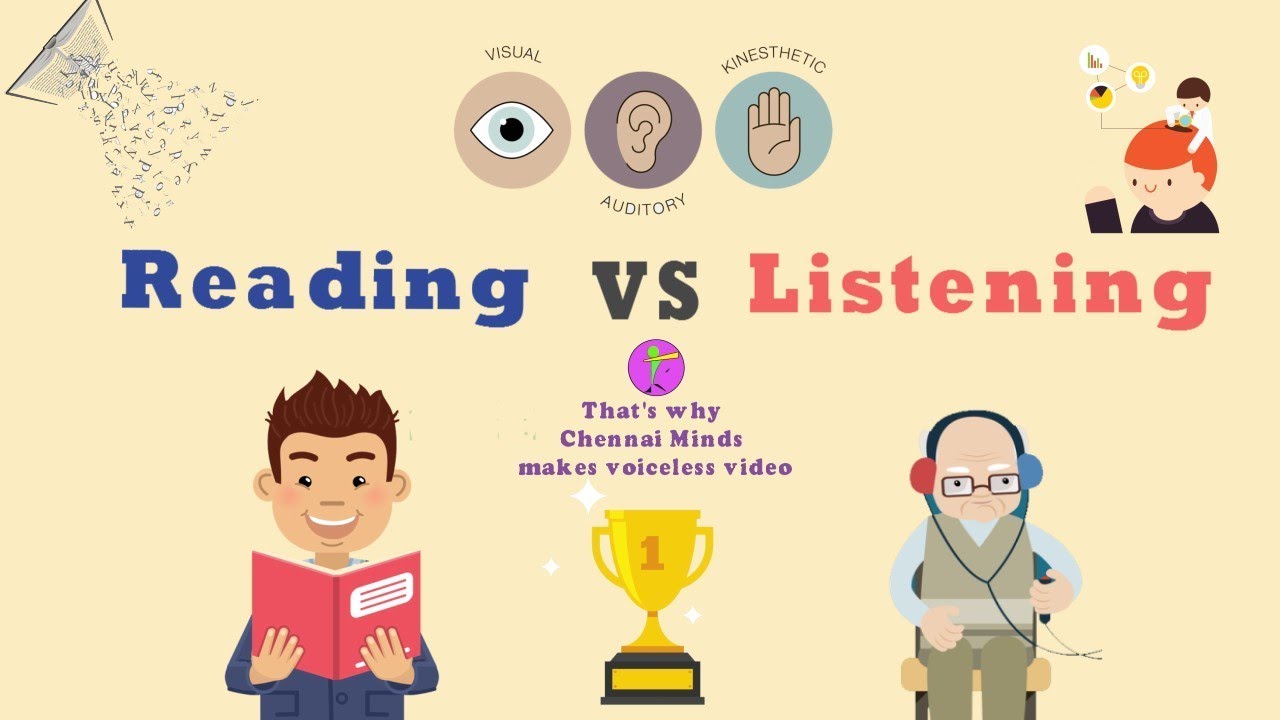
Why Reading Is Better Than Listening?
In today’s fast-paced world, where technology allows us to consume information through various mediums, the age-old practice of reading seems to have taken a backseat. With the rise of audiobooks, podcasts, and other forms of audio content, listening has become a popular alternative to reading. However, when it comes to truly absorbing and understanding information, reading still holds the upper hand. In this article, we will explore why reading is better than listening and why it should be prioritized in our daily lives.
Reading allows for a deeper level of engagement and comprehension compared to listening. When we read, our brains are actively processing the information, decoding words, and constructing meaning. We have the opportunity to pause, reflect, and reread passages that may require further understanding. This level of control over the pace and depth of our reading enables us to fully grasp complex concepts and ideas.
Furthermore, reading enhances our critical thinking and analytical skills. As we read, we are constantly making connections, drawing conclusions, and evaluating the information presented to us. This active mental process strengthens our ability to think critically and form our own opinions. In contrast, listening to information often requires less cognitive effort, as we are primarily focused on the act of listening rather than actively processing and analyzing the content.
In addition to the cognitive benefits, reading also provides a more immersive and imaginative experience. When we read, we create vivid mental images and engage our imagination to bring the words on the page to life. We have the freedom to visualize characters, settings, and events in our own unique way. This imaginative aspect of reading allows us to fully immerse ourselves in the story and connect with the material on a deeper emotional level.
On the other hand, listening to audio content may sometimes lead to distractions and reduced focus. In today’s multitasking culture, it is common to listen to podcasts or audiobooks while performing other tasks such as driving or exercising. While this may seem convenient, it often results in divided attention and reduced comprehension. In contrast, reading requires our full concentration, allowing us to fully absorb and engage with the material.
When it comes to acquiring knowledge, reading provides a more comprehensive and reliable source of information. Books, articles, and other written materials undergo rigorous editing and fact-checking processes, ensuring accuracy and credibility. On the other hand, audio content such as podcasts or speeches may lack the same level of scrutiny and fact-checking. Therefore, relying solely on listening may expose us to misinformation or incomplete information.
It is important to note that both reading and listening have their place and can be valuable in different contexts. Audiobooks and podcasts, for example, offer convenience and accessibility, allowing us to consume content while on the go. They can be a great supplement to reading, providing additional perspectives and insights. However, when it comes to deep learning, critical thinking, and immersive experiences, reading remains the superior choice.
In conclusion, reading offers numerous advantages over listening in terms of engagement, comprehension, critical thinking, imagination, and reliability of information. It allows us to fully immerse ourselves in the material, think critically, and form our own opinions. While listening has its merits, particularly in terms of convenience and accessibility, it should not replace the practice of reading. By prioritizing reading in our daily lives, we can enhance our cognitive abilities, expand our knowledge, and foster a deeper connection with the written word. So, let’s embrace the power of reading and indulge in the joy and benefits it brings.
Key Takeaways: Why reading is better than listening?
- Reading allows you to visualize the story and characters in your own unique way.
- When reading, you have the freedom to go at your own pace and take breaks whenever you want.
- Reading improves vocabulary and language skills by exposing you to new words and sentence structures.
- With reading, you can easily refer back to previous pages or chapters to refresh your memory.
- Reading stimulates imagination and creativity, allowing you to create vivid mental images.
Frequently Asked Questions
Here are some commonly asked questions about why reading is better than listening:
1. Can reading enhance comprehension compared to listening?
Reading provides a unique opportunity for comprehension enhancement. When reading, you have the ability to pause, re-read, and digest the information at your own pace. This allows for a deeper understanding of the material, as you can take the time to fully grasp complex concepts. Additionally, reading allows for the use of visual aids, such as diagrams or charts, which can further enhance comprehension.
On the other hand, listening may sometimes lead to distractions or difficulty in following along, especially in fast-paced or complex discussions. Reading, however, provides a more controlled environment where you can focus on the text and absorb the information more effectively.
2. Does reading improve critical thinking skills?
Reading is known to enhance critical thinking skills. When you read, you actively engage with the text, analyze the information, and make connections between different ideas. This process stimulates your brain, leading to improved critical thinking abilities. By reading, you expose yourself to different perspectives and viewpoints, which broadens your thinking and enables you to think critically about various subjects.
Listening, although valuable in its own right, may not always encourage the same level of critical thinking. The passive nature of listening can sometimes limit your ability to fully engage with the content and think critically about the information being presented.
3. Can reading improve vocabulary and language skills?
Reading is an excellent way to improve vocabulary and language skills. When you read, you encounter a wide range of words and phrases in context, which helps you understand their meanings and usage. This exposure to diverse vocabulary enhances your own language skills and expands your linguistic repertoire.
Listening, while still beneficial for language development, may not provide the same level of exposure to vocabulary as reading does. In a listening context, you may not have the opportunity to see the words spelled out or fully understand their meanings without additional context.
4. Does reading allow for better retention of information?
Reading has been shown to support better retention of information compared to listening. When you read, you actively engage with the material, which helps to encode the information into your memory. The act of visually processing the text and mentally organizing the information aids in long-term retention.
Listening, although effective for immediate understanding, may not always lead to the same level of retention. Without the visual cues provided by reading, it can be more challenging to retain and recall information accurately.
5. Can reading improve focus and concentration?
Reading is a great way to improve focus and concentration. When you read, you need to concentrate on the text, block out distractions, and maintain continuous engagement with the material. This practice strengthens your ability to focus and enhances your overall concentration skills.
Listening, on the other hand, may be more susceptible to distractions or interruptions, as it relies on external factors such as noise levels or interruptions in the audio. Reading allows for a more controlled environment, enabling you to maintain focus for extended periods.
Audiobooks vs Reading: Which is better?
Final Thoughts
After exploring the benefits of reading versus listening, it becomes clear that reading has a unique and valuable place in our lives. While listening to audio can be convenient and enjoyable, reading offers a depth of engagement and cognitive benefits that are hard to replicate. Reading allows us to fully immerse ourselves in a story, exercise our imagination, and develop a deeper understanding of the content. Not only does reading enhance our vocabulary and language skills, but it also stimulates our creativity and critical thinking abilities.
Moreover, reading provides a sense of control and personalization that listening cannot always offer. When we read, we have the opportunity to pause, reflect, and revisit certain passages or ideas. We can highlight and annotate important sections, making the reading experience more interactive and tailored to our preferences. This level of engagement fosters a deeper connection with the material and encourages active participation in the learning process.
In conclusion, while both reading and listening have their merits, reading remains a powerful and enriching activity. It allows us to delve into new worlds, expand our knowledge, and sharpen our cognitive abilities. So, let’s embrace the joy of reading and continue to reap the countless benefits it brings to our lives. Happy reading!

